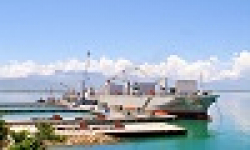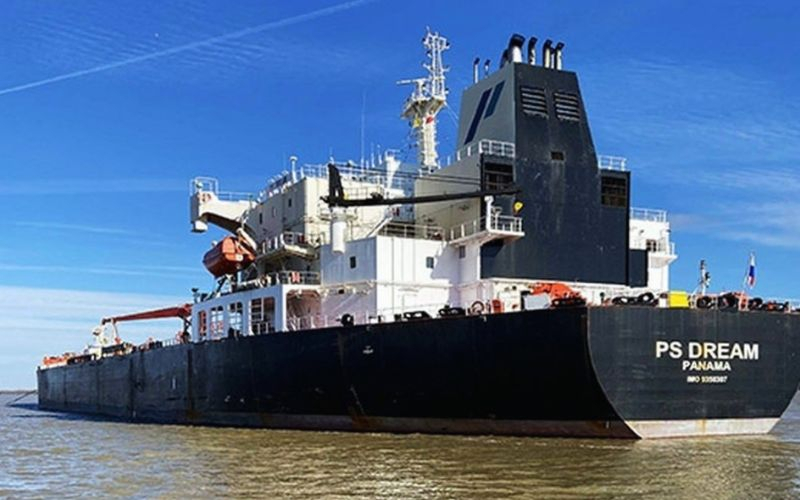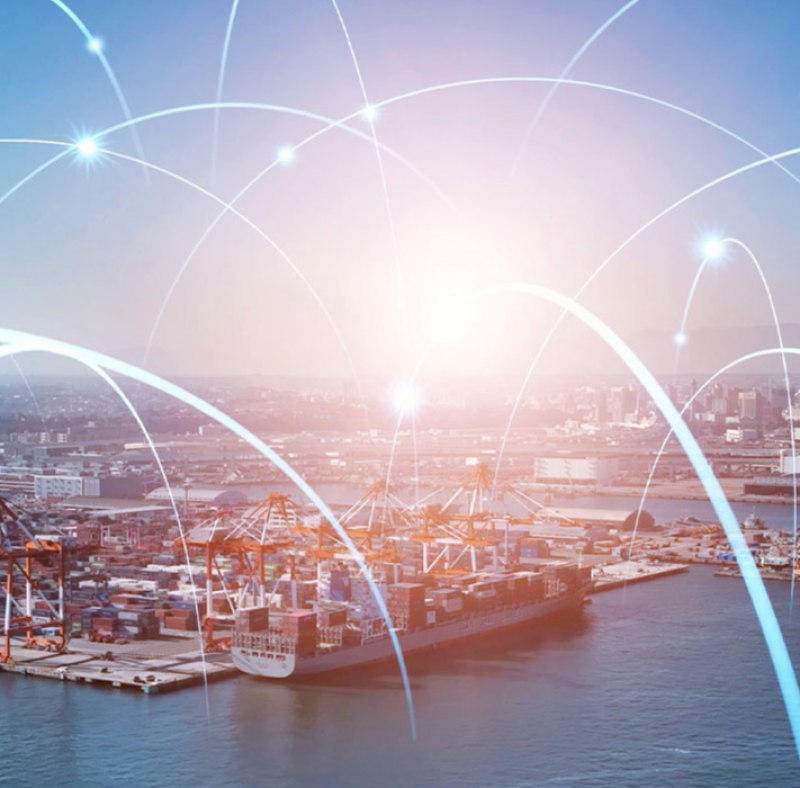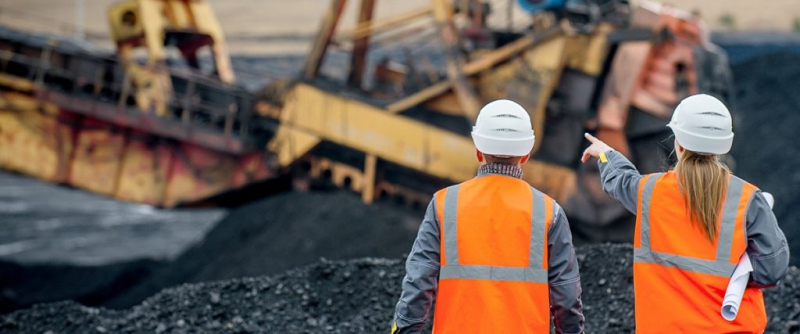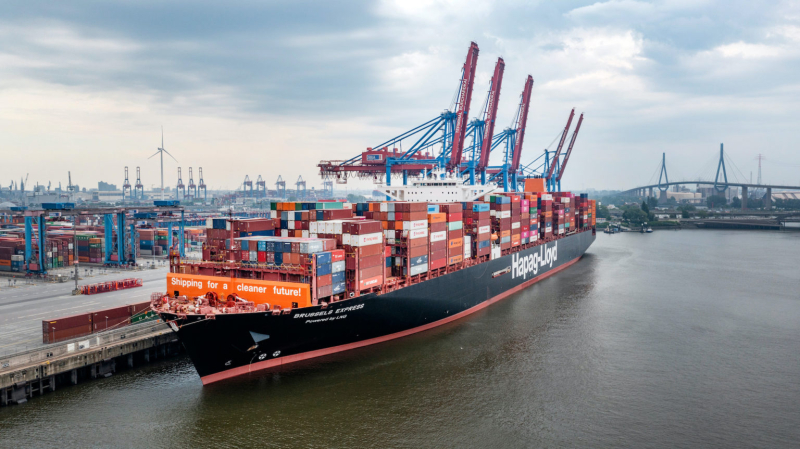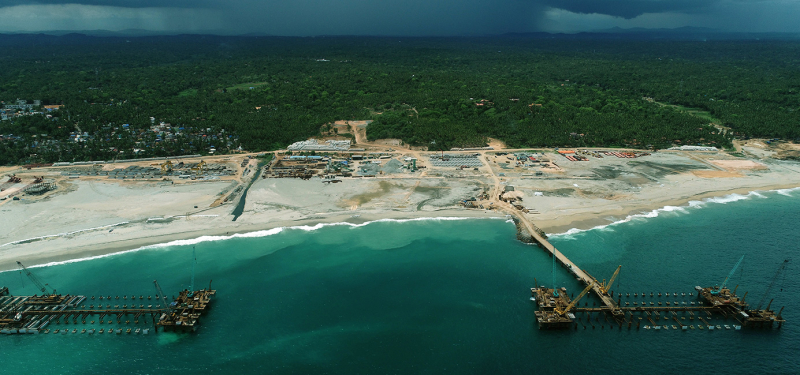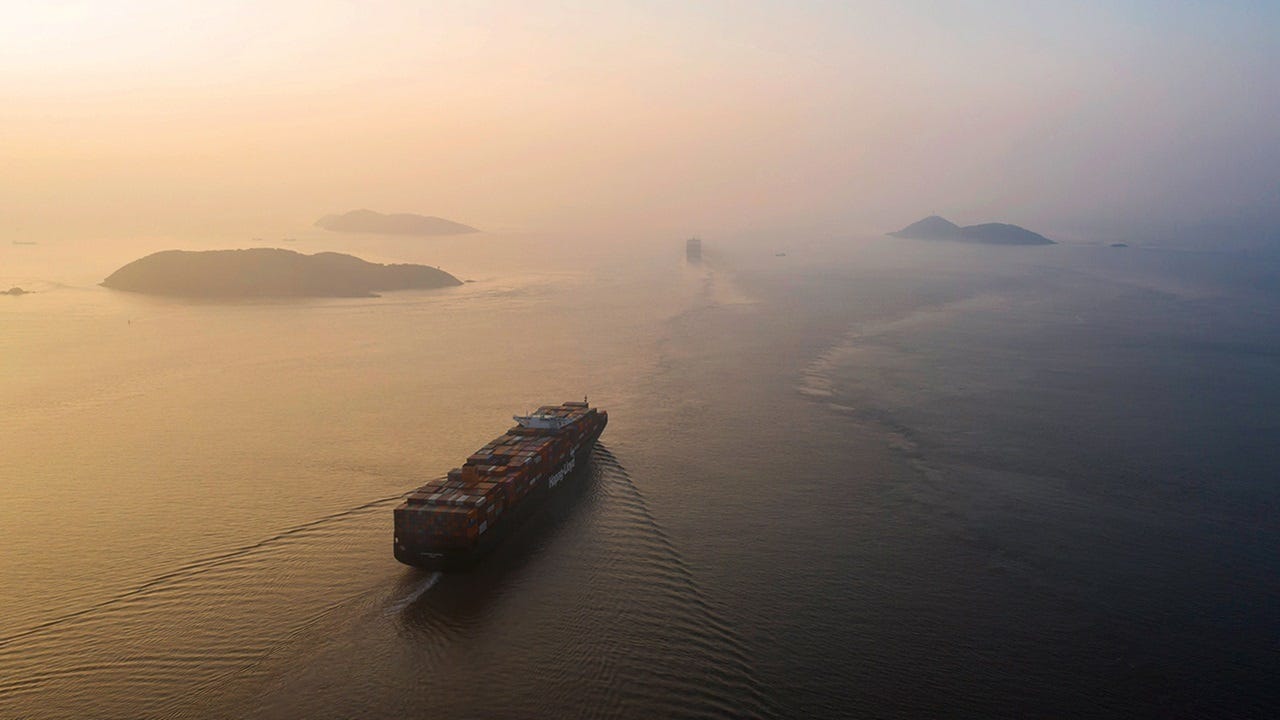
Hapag-Lloyd the only container line in the top 20Credit: Hapag Lloyd
Container shipping lines had mixed performances in research on the emissions levels from shipping with the top container company being the Greek owner Danaos, which was second in the top 100 list.
South Korean environmental pressure group Solutions For Our Climate (SFOC) who conducted the research said that traditionally cost competitiveness was the major differentiator for shipping until 2020 when the environmental regulations made emissions “a critical competency for gaining an edge in the market”.
Most vessel operators are concerned with scope one emissions, that is pollution from their own operations, but container carriers are also competing for business as a scope three emitter for their clients, many of which are suppliers to major retailers in consumer markets.
Even so SFOC reports the best performing carrier was the Malaysian gas tanker operator MISC first with a score of 85.51, while Evergreen and Seaspan also managed to achieve top 10 placements with scores over 80. Hapag-Lloyd and Costamare were the only other two container ship owners or operators in the top 20. Three of the top six companies were gas tanker operators.
Three lines, including Cosco and Wan Hai were in the bottom 50 vessel operators while HMM and Maersk just managed top 40 positions at 39th and 40th respectively.
Although the report focuses mainly on Korean shipping operators much of its conclusions can be applied to all vessel sectors wherever they are headquartered.
For example, the researchers warned that the continued use of fossil fuels “may seem economical in the short term”, however, they caution that “mounting levies, procurement costs, and operational limits during a delayed transition will outweigh temporary gains”.
The report, entitled “Global Top 100 Shipping Companies by Environmental Performance (2025). Is Korea’s Shipping Ready for the Net-Zero Era?”, concludes that the priorities for Korean shipping at this stage of the transition should be a clear financing plan and “to close the gap between disclosures and real-world performance”.
At the same time the report emphasises the need for operators to be proactive by combining energy-efficiency retrofits, voyage optimisation, and fuel transition “into an executable roadmap with regular performance reporting”.
Delays in implementing the global emissions regulations “will directly shape the future competitiveness of Korea’s shipping industry”. A result that would certainly apply to all vessel operators.
According to SFOC the researchers looked to avoid distortion of the data by taking into account the vessel sector size and the environmental risk factors for each vessel division.
“Among the top 100 shipping companies, only 15 container carriers were included despite their dominant market share, while 25 gas carrier companies were selected even though the global fleet is relatively small to reflect the greater impact of gas carriers, driven by high technological and regulatory barriers,” said the report.



